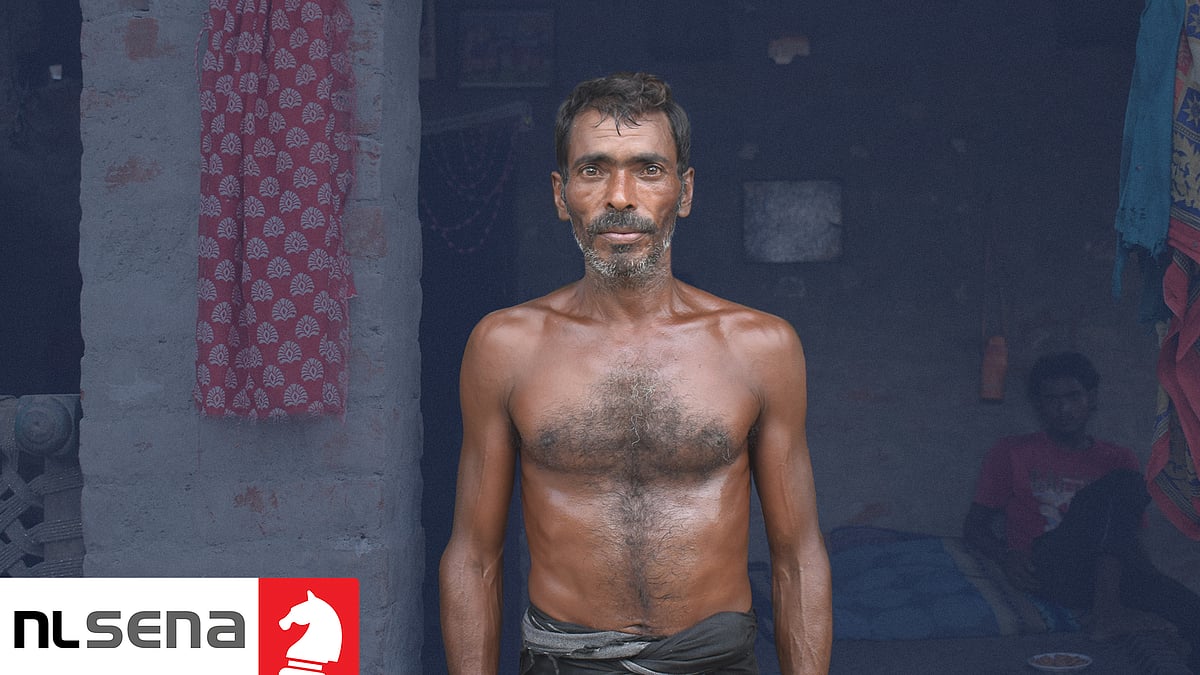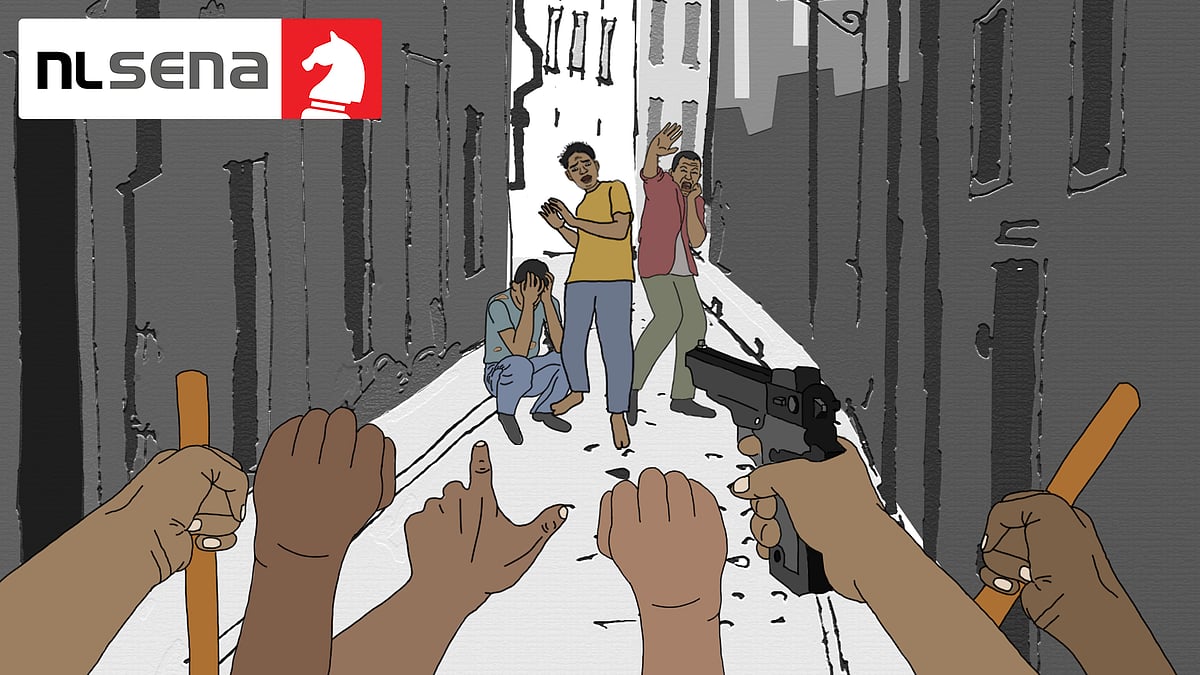Delhi Riots: Media reports on police’s ‘Hindu resentment’ order are against its spirit, says Delhi HC
‘The media should not sensationalise unnecessarily without knowing the actual facts,’ the Delhi police told the high court today.
The Delhi High Court today observed that reports by “electronic/ print media” on an order issued by the special commissioner of police (crime) Praveer Ranjan, dated July 8, was against the order’s “letter and spirit”.
The court made the observation while disposing of a petition by the family members of two Northeast Delhi residents who were killed during the communal carnage in February earlier this year.
In the order, first reported by the Indian Express on July 15, Ranjan had cited “intelligence inputs” to alert probe teams investigating the riots to “a degree of resentment among the Hindu community” in Khajuri Khas and Chand Bagh in Northeast Delhi over “the arrests of some Hindu youth”.
The order had asked supervisory officers to “guide” investigating officers “suitably”, adding that they should practice “due care and precaution” while “arresting any person” and discuss evidence with the special public prosecutors assigned to the police.
In the court today, Justice Suresh Kumar Kait made a critical observation on how the media covered the July 8 order. “I noticed, while going through the present petition, that the electronic/print media has made some news which is against the letter and spirit of the order issued by respondent number 4 (Special CP Ranjan),” he said.
There was more: “Therefore, I suggest the media, which is the fourth pillar of democracy, that news should be cleared after verifying the authentic facts so that any prejudice or hate come in either of the community in this country (sic)”.
The observation was made upon the request of Delhi police counsel Amit Mahajan.
Mahajan pointed specifically to the headline of the July 15 report in Indian Express: “Resentment in Hindus on arrests, take care: Special CP to probe teams.”
“I only want my lord to observe that the media in general should be careful and cautious, and should not sensationalise unnecessarily without knowing the actual facts,” Mahajan said. “See the headline; is it not sensationalising and communalising the issue?”
In a rejoinder to Express on July 15, the Delhi police had called the report “highly misleading” and “hollow”. “This letter was written only to inform the investigating officers about the representations being received from both the communities and to sensitise & guide them through the investigation of these cases,” it said.
In a reply published the next day, Express said that it stood by its report because the police’s claim about “representations being received from both communities” did not reflect in the order, which stressed on “resentment among Hindu community” over arrests of “some Hindu youth”.”
In the court hearing today, Mahajan went a step further and said that such news reports might “influence the trial courts”.
Mehmood Pracha, counsel for the petitioners, argued that the court should not make any such observation because it can “restrict the media’s freedom of speech”.
While disposing of the petition today, the court further observed that investigating officers managing riot-related cases should “deem the cases as per the law” and should “not bother about the instruction issued vide order dated July 8, 2020, whereby stated that all evidences must be discussed with special PPs assigned with each case.”
The court said that since the 22 accused — all Hindus — in the two murders were chargesheeted before the order was issued, “no prejudice was caused”. It also made note of the Delhi police’s claim that it had chargesheeted 535 Hindus and 513 Muslims in riot-related cases.
Justice Kait observed: “I further suggest that all investigating authorities not to pass any instructions by senior officers which is not recognised under law. In issuing any letter, especially in such type of situation, the concerned officers shall take due care.”
Petitioners Sahil Parvez and Mohammad Saeed Salman had sought to quash the July 8 order by Special CP Ranjan. They had contended that the order was “illegal”, specifically the instruction to probe teams to consult special public prosecutors about the arrests.
***
Independent media is on the frontlines of the coronavirus crisis in India, as elsewhere, telling stories that need to be told and asking questions that need answers. Support independent journalists by paying to keep news free. Subscribe to Newslaundry today.
 Delhi riots: In Shahid Alam’s murder, witnesses cry fabrication by police
Delhi riots: In Shahid Alam’s murder, witnesses cry fabrication by police
 Who killed Maruf Ali in Delhi's communal carnage? Fellow Muslims, police say
Who killed Maruf Ali in Delhi's communal carnage? Fellow Muslims, police say